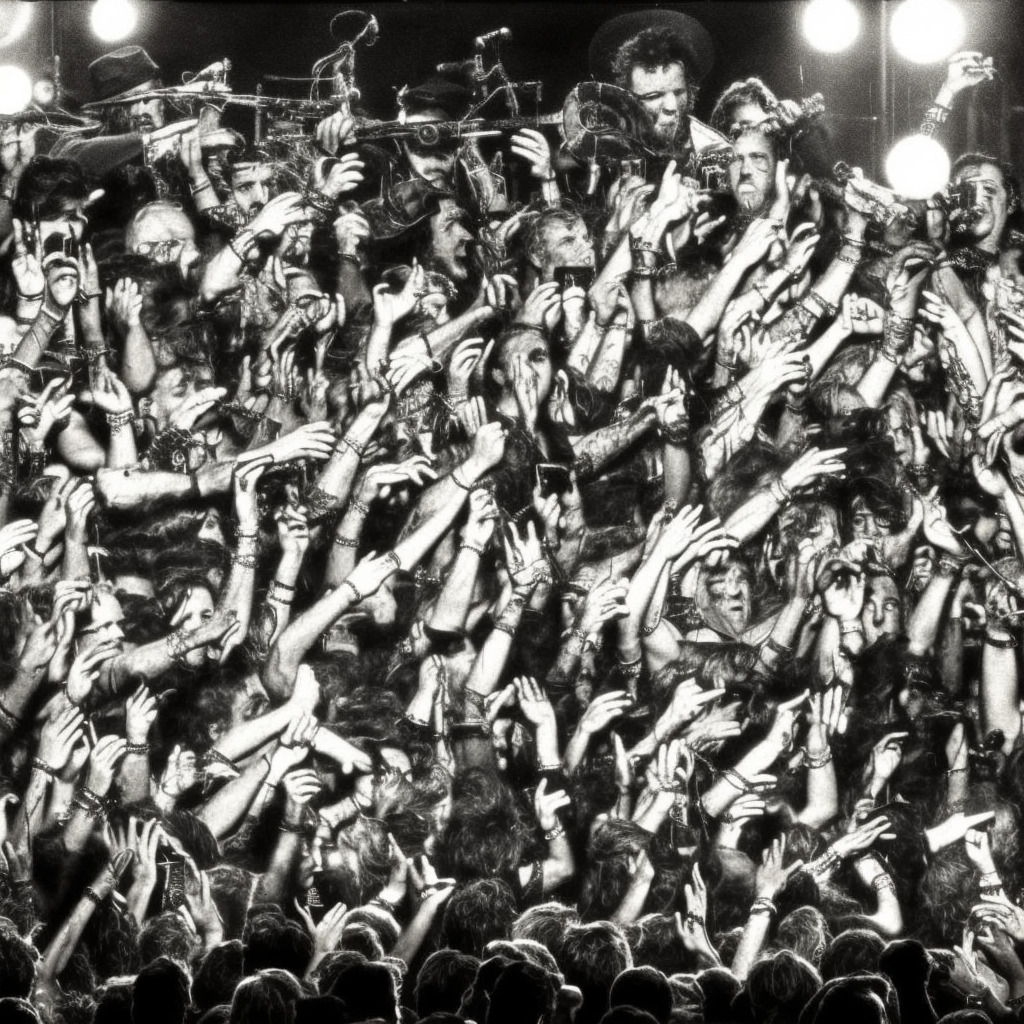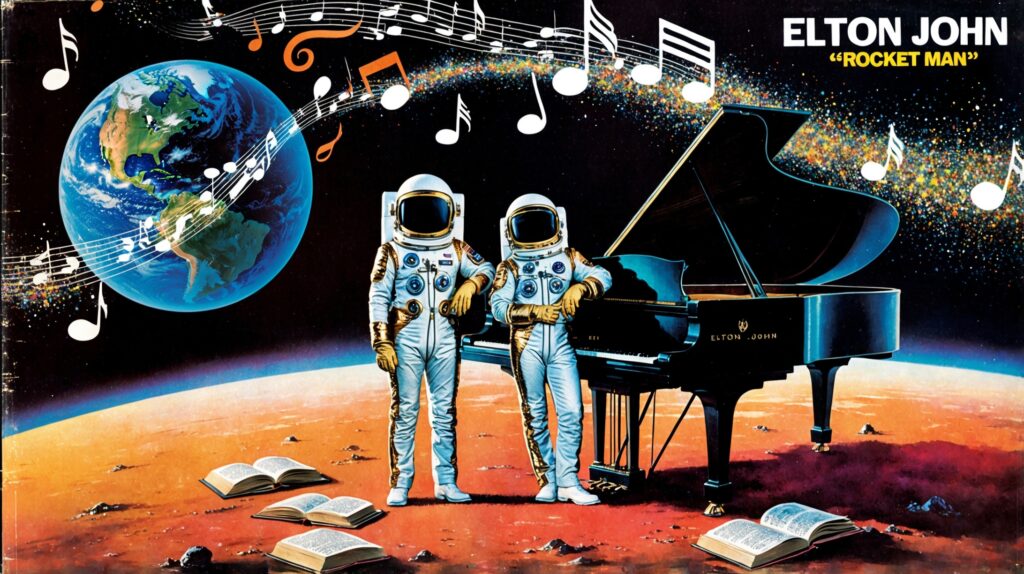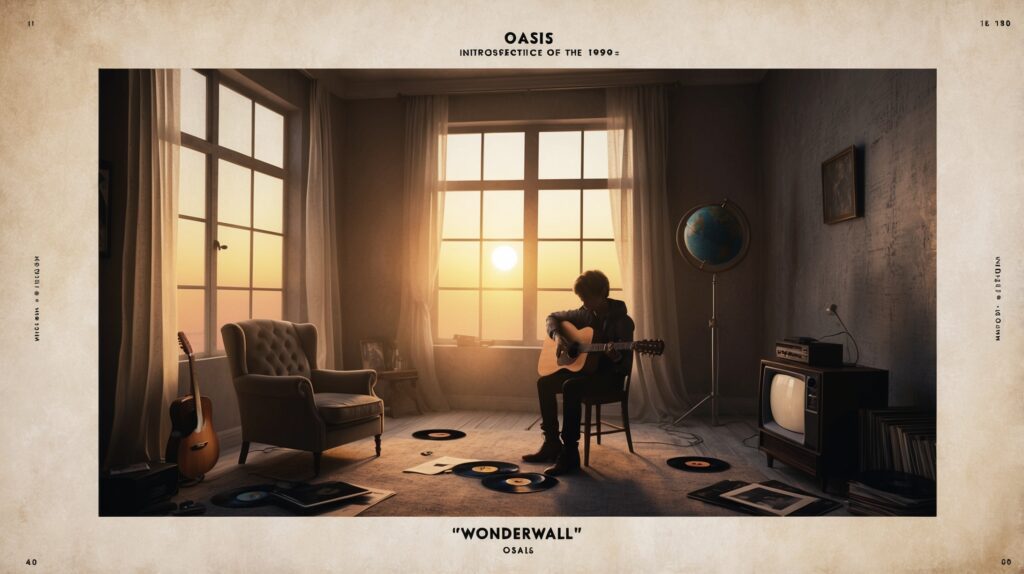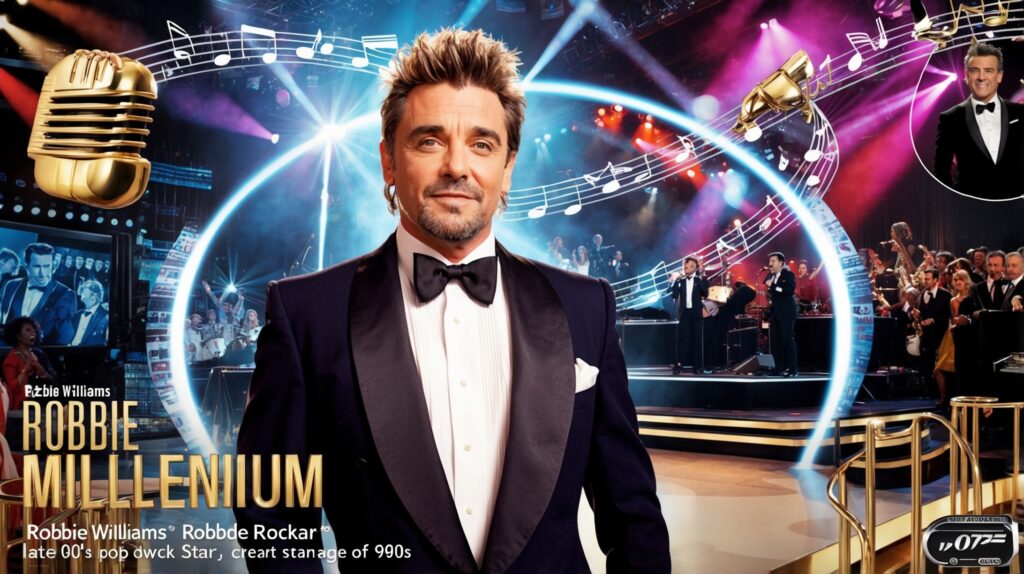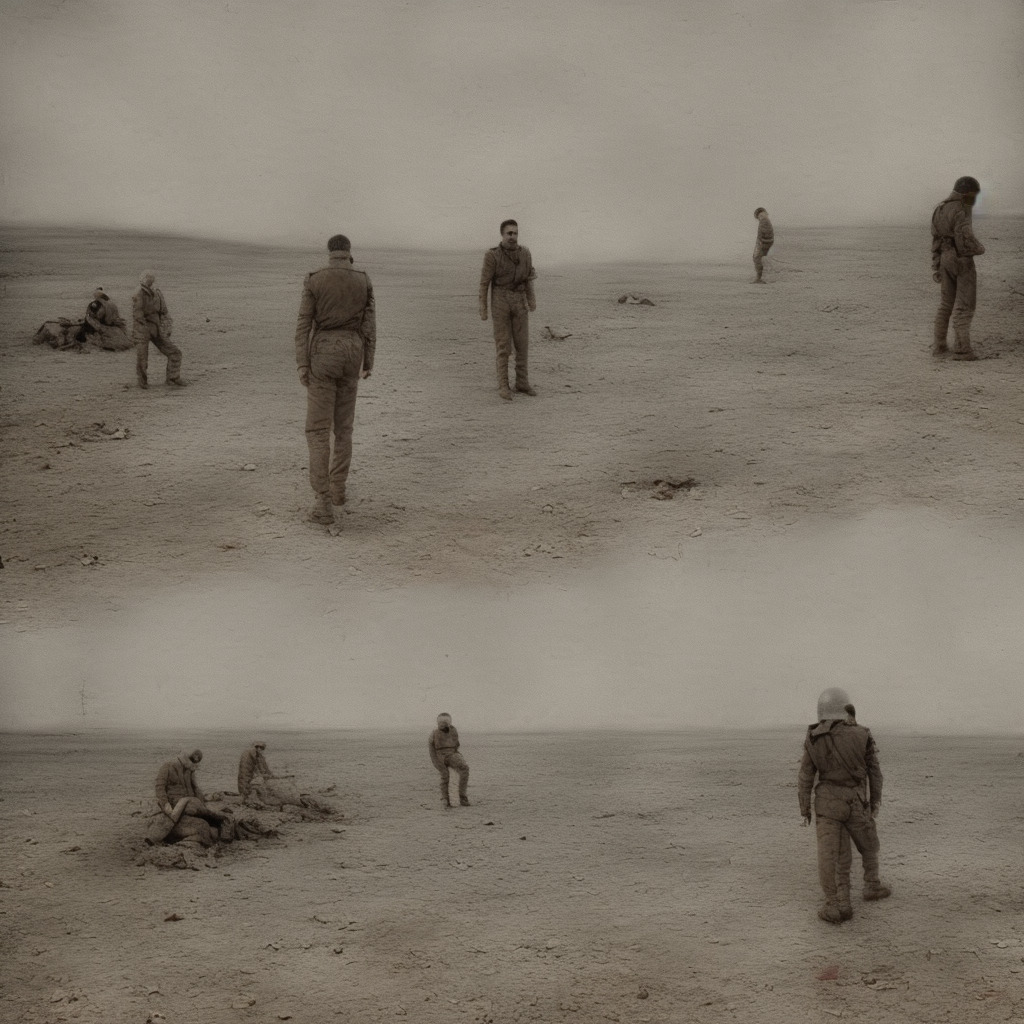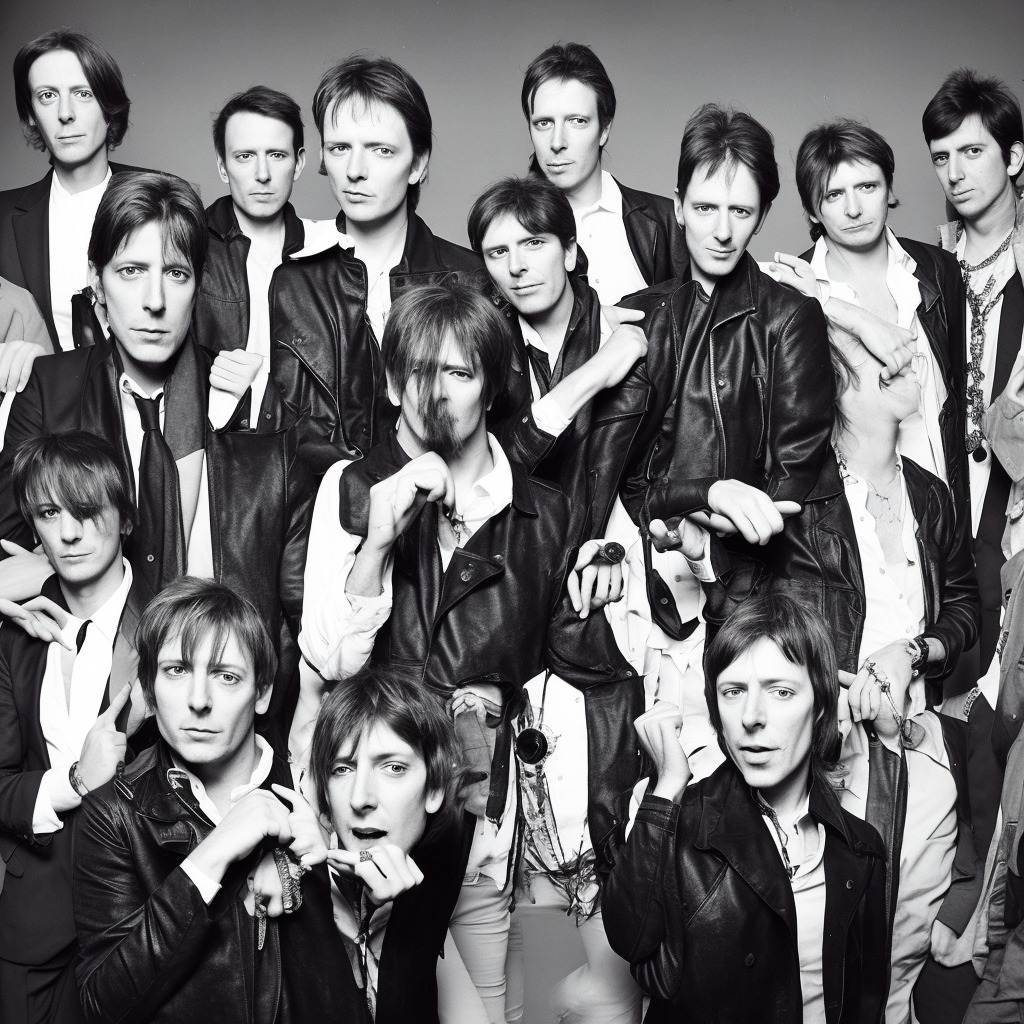🌊 Dive into “The River” by #BruceSpringsteen – a timeless hit that’s still flowing! Did you know it was inspired by his sis’ life story? 🎸💕 #TheRiver #FunFact #MusicTrivia Read about it: tinyurl.com/3dm6uskz
Unraveling the Emotive Power of The Boss
Dive into the depths of Springsteen’s soul-stirring discography, where “The River” flows with raw emotion, powerful storytelling, and the iconic E Street Band’s unforgettable sound.
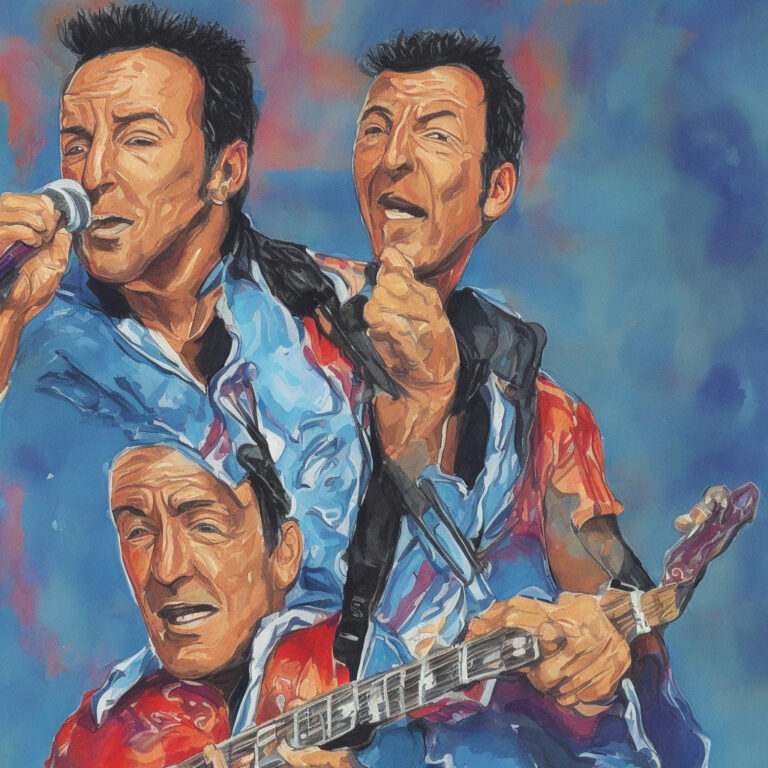
Bruce Springsteen, known as “The Boss,” has been a musical force of nature since the mid-1970s. With a career spanning over four decades, Springsteen has become a symbol of Americana and is celebrated for his distinctive voice, powerful storytelling, and raw, emotive performances. His body of work has earned him numerous awards, including 20 Grammys, two Golden Globes, and an Academy Award. He was inducted into the Rock and Roll Hall of Fame in 1999, and in 2016, received the Presidential Medal of Freedom from President Barack Obama.
An essential part of Springsteen’s discography is the 1980 double album, “The River.” The record marked a turning point in his career, as it showcased a more mature and reflective Springsteen. The River’s title track stands out as one of the most moving and poignant songs in his vast catalog. The song tells the tale of a young couple facing the harsh realities of life, love, and economic hardship. With its haunting harmonica and passionate vocals, “The River” is a song that stays with you long after the final notes have faded.
Despite the overall success of “The River,” it is worth noting that some critics have taken issue with the album’s length and its somewhat uneven mixture of rockers and ballads. This, however, does little to diminish the lasting impact of the title track or the album’s place within Springsteen’s remarkable discography.
Throughout the years, the E Street Band has served as Springsteen’s musical backbone, providing the signature blend of piano, saxophone, and guitar that underpins his sound. Band members such as Steven Van Zandt, Clarence Clemons, and Max Weinberg have become legends in their own right. The camaraderie between Springsteen and the E Street Band has been a vital ingredient in their live performances, which are often regarded as among the most exhilarating and marathon-like in the world of rock music.
In conclusion, while “The River” may not be considered the definitive Bruce Springsteen album, it remains a crucial piece of his discography, cementing the iconic status of both the song and the artist. The expertly crafted narrative and emotional depth of “The River” serves as a testament to Springsteen’s immense songwriting talent and his ability to connect with listeners, transporting them into the heart of the American experience.
Charting the Waters: A Look at the Success of Springsteen’s Classic
Diving into Springsteen’s Enduring Hit: “The River” defies chart expectations, striking emotional chords worldwide with its timeless appeal and platinum-certified album success.
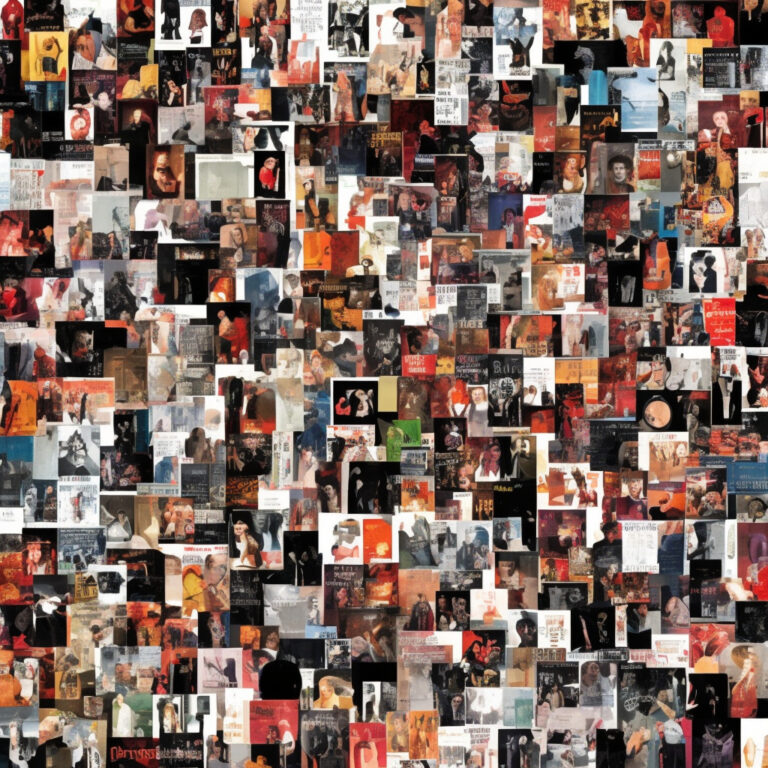
When it comes to chart performance, it’s important to note that “The River” was never released as a single in the United States. Despite this, the song has become an essential part of Bruce Springsteen’s repertoire and one of his most beloved tracks among fans. The album from which the song originates, also titled The River, was released on October 17, 1980, and was met with significant commercial and critical success.
Though the specific song “The River” didn’t have an initial chart position in the US, the album itself debuted at number one on the Billboard 200, remaining Springsteen’s only album to do so. The River also maintained a presence on the chart for an impressive 87 weeks, further cementing its place in the annals of rock history.
Across the pond, “The River” saw a bit more chart action. Released as a single in Europe, the song made its way to number 35 on the UK Singles Chart, further testament to its lasting legacy and resonance with music aficionados around the world.
Additionally, it’s worth noting that The River (the album) was certified five times platinum in the United States by the Recording Industry Association of America (RIAA), ensuring its status as a classic in Springsteen’s discography.
Although “The River” may not have been as commercially dominant as some other songs in Springsteen’s oeuvre, its chart performance and enduring appeal are undeniable. The song’s ability to captivate audiences and inspire deep emotional connections, even without the backing of a traditional single release, is a testament to the power of Springsteen’s songwriting and the timeless nature of this iconic track.
Diving into the Lyrics of “The River”
I come from down in the valley where mister when you’re young,
They bring you up to do like your daddy done.
Me and Mary we met in high school when she was just seventeen,
We’d ride out of that valley down to where the fields were green.
We’d go down to the river
And into the river we’d dive,
Oh down to the river we’d ride.
Then I got Mary pregnant and man that was all she wrote,
And for my nineteenth birthday I got a union card and a wedding coat.
We went down to the courthouse and the judge put it all to rest,
No wedding day smiles, no walk down the aisle, no flowers, no wedding dress.
That night we went down to the river
And into the river we’d dive,
Oh down to the river we did ride.
I got a job working construction for the Johnstown Company
But lately there ain’t been much work on account of the economy
Now all them things that seemed so important
Well mister they vanished right into the air
Now I just act like I don’t remember, Mary acts like she don’t care
But I remember us riding in my brother’s car
Her body tan and wet down at the reservoir
At night on them banks I’d lie awake
And pull her close just to feel each breath she’d take
Now those memories come back to haunt me, they haunt me like a curse
Is a dream a lie if it don’t come true, or is it something worse
that sends me down to the river though I know the river is dry
That sends me down to the river tonight
Down to the river, my baby and I
Oh down to the river we ride
The lyrics of Bruce Springsteen’s “The River” tell a heartfelt story of love, lost dreams, and the harsh realities of life. Set against the backdrop of a struggling working-class America in the late ’70s and early ’80s, the song encapsulates the spirit of the time and the events that shaped the era. The narrative follows a young couple, the protagonist and Mary, as they navigate the trials and tribulations of life together.
From the very beginning, the lyrics paint a vivid picture of the valley where the protagonist grew up, a place where children were raised to follow in their parents’ footsteps. It’s evident that the protagonist and Mary shared an intense bond, symbolized by their escapades down to the river. However, life takes an unexpected turn when Mary becomes pregnant, and the couple’s dreams are put on hold as they face the responsibilities of adulthood head-on.
As the years go by, the protagonist finds himself working construction for the Johnstown Company, a job that becomes increasingly scarce due to the faltering economy. The lyrics highlight the way that the things that once seemed so significant eventually fade away, as the protagonist and Mary grow apart and try to forget their lost dreams. The river, once a place of joy and escape, now represents a haunting reminder of what could have been.
Springsteen’s “The River” captures the zeitgeist of a generation grappling with economic hardships, lost opportunities, and the inevitability of change. The heart-wrenching tale of love and disappointment reflects the struggles faced by many during this time period, making the song a timeless anthem that continues to resonate with listeners today.
A Visual Journey Down ‘The River’
Immerse yourself in the timeless, haunting essence of Springsteen’s “The River,” as Arnold Levine’s minimalist black-and-white masterpiece spotlights the raw emotions and intricate storytelling that transcends generations.
The music video for Bruce Springsteen’s iconic song “The River” is a black-and-white masterpiece that perfectly captures the haunting yet stunning essence of the song. Directed by the accomplished filmmaker and photographer Arnold Levine, the music video showcases Springsteen’s powerful lyrics and storytelling prowess.
The video was shot on a tight budget and primarily features Springsteen and his band, the E Street Band, performing “The River” on stage. With minimalistic lighting and a no-frills setup, the focus is undeniably on the music and the emotions evoked by the song. Levine made a conscious decision to keep the visual effects to a minimum in order to highlight Springsteen’s raw vocals and the band’s mesmerizing performance.
One of the most memorable aspects of the video is the use of close-ups on Springsteen’s face as he passionately belts out the stirring lyrics. These close-up shots not only capture the intensity of his performance but also draw attention to the intricate storytelling that lies at the heart of the song. The black-and-white footage adds to the melancholic tone of “The River,” giving it a timeless quality that complements the song’s themes of love, loss, and the passage of time.
While the official music video for “The River” remains a classic, fans have also created their own tributes and interpretations of the song on YouTube. From heartfelt covers to poignant montages of vintage footage, these fan-made videos demonstrate the lasting impact of “The River” and its ability to resonate with audiences across generations.
In conclusion, the music video for “The River” remains a testament to the power of simplicity and storytelling in visual art. Arnold Levine’s minimalist approach allows the song’s message to shine through, ensuring that the video remains an enduring piece in the expansive catalog of Bruce Springsteen’s work.
Delving into the Musical Mind of The Boss
Bruce Springsteen, the legendary composer of “The River,” has been a driving force in the world of rock and roll for over four decades. Hailing from New Jersey, Springsteen’s storytelling ability and talent for composing powerful, emotive songs have earned him fanatical devotion from his audience, as well as accolades and awards throughout his career. Apart from “The River,” Springsteen’s masterful songwriting can be best experienced in some of his other monumental compositions, such as “Born to Run,” “Thunder Road,” and “Dancing in the Dark.” Each of these tracks showcases his incredible ability to tell tales of the everyday struggles of the working class, shining a light on the realities of the American Dream. Though his styles and themes may have evolved over the years, Springsteen’s dedication to his craft remains unwavering, solidifying his status as a true musical icon.
Accolades, Soundtracks, and Renditions
Sailing through time: “The River” – Bruce Springsteen’s enduring ballad of love, loss, and life, continues to inspire artists and captivate audiences across genres and generations.
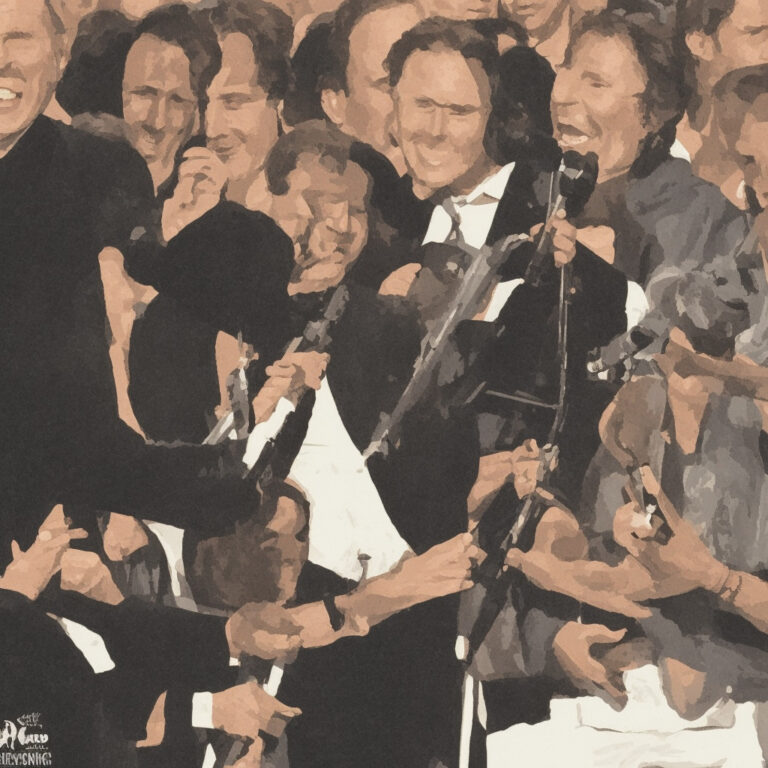
“The River” has certainly made its mark on music history since its debut on Bruce Springsteen’s 1980 double album of the same name. Although the song itself didn’t receive any major awards, it contributed significantly to the overall success of the album, which was certified multi-platinum in the United States and received widespread critical acclaim. The album’s commercial success helped solidify Springsteen’s reputation as a poignant songwriter and consummate performer.
“The River” has made its presence felt in various forms of media over the years. The song has been featured in several films and television shows, providing a rich and evocative soundtrack to key scenes. It played a particularly significant role in the 2005 film “Into the Fire,” which chronicles the lives of six individuals over the course of a decade. The song’s themes of love, loss, and the passage of time provided a fitting backdrop to the emotionally charged narrative.
In addition to its appearances in visual media, “The River” has also been covered by a diverse range of artists who have put their own spin on the classic tune. In 2005, singer-songwriter Ani DiFranco delivered a haunting and stripped-down rendition on her album “Swing Set.” Her version of the song, with its raw emotion and sparse instrumentation, provided a powerful contrast to Springsteen’s original. Finnish metal band Sentenced also covered the song in 1996, infusing it with their signature dark and heavy sound. The diverse array of “The River” covers speaks to the universal resonance of the song’s themes and Springsteen’s enduring influence on fellow musicians.
Overall, it’s clear that “The River” has had a lasting impact on popular culture and the music world. Its poignant lyrics and timeless melody have transcended genres and inspired countless artists, making it an essential part of Bruce Springsteen’s legendary repertoire.
Diving into the Musicality of the Track
When examining the musical structure of “The River,” it is important to note that the song is written in the key of E major. This key lends a sense of optimism and brightness to the track, which is interesting when considering the song’s somber and reflective lyrics. The song features a standard time signature of 4/4, which is common in rock music, allowing for a steady and comfortable rhythm.
The opening of the track features a harmonica solo that sets the tone and pace for the entire song. The harmonica is played in the key of E major as well, which creates a sense of unity throughout the piece. As the song progresses, the chords follow a simple progression of E – A – E – B, which is easy to follow and allows the listener to focus on the lyrics and storytelling aspect of the song. The repetitive chord progression is also reminiscent of classic folk and rock songs, which suits the song’s narrative of love, loss, and the passage of time.
The tempo of “The River” is relatively slow, clocking in at around 76 beats per minute. This is a deliberate choice by Springsteen, as the slower tempo allows for greater emphasis on each beat and a more introspective feel. Additionally, the slower tempo gives space for the emotion of the song to breathe and resonate with the listener.
Throughout the song, there is minimal use of percussion, with the drums only entering during the second verse. This allows for a more stripped-down, raw sound that harkens back to traditional folk music. When the drums do make an appearance, they provide a steady beat that further anchors the song and supports the storytelling nature of the lyrics. The bass guitar also plays a significant role in the track, with its steady rhythm and syncopated plucking that adds a layer of complexity to the otherwise straightforward chord progression.
The vocal melody of “The River” is another noteworthy aspect of the song’s musicality. Springsteen’s voice is strong and emotive, with a slight rasp that adds a sense of vulnerability and authenticity to the storytelling. The melody follows a simple pattern that complements the chord progression, with slight variations throughout the song that add interest and depth.
In summary, “The River” boasts a simple yet effective musical structure that allows the song’s emotional narrative to take center stage. The use of a major key, a familiar chord progression, and a slow tempo creates an introspective atmosphere that resonates with listeners, while the harmonica, drums, and bass guitar add layers of complexity to the track. Springsteen’s powerful and emotive vocal performance ties everything together, resulting in a timeless piece of music that continues to captivate audiences.

